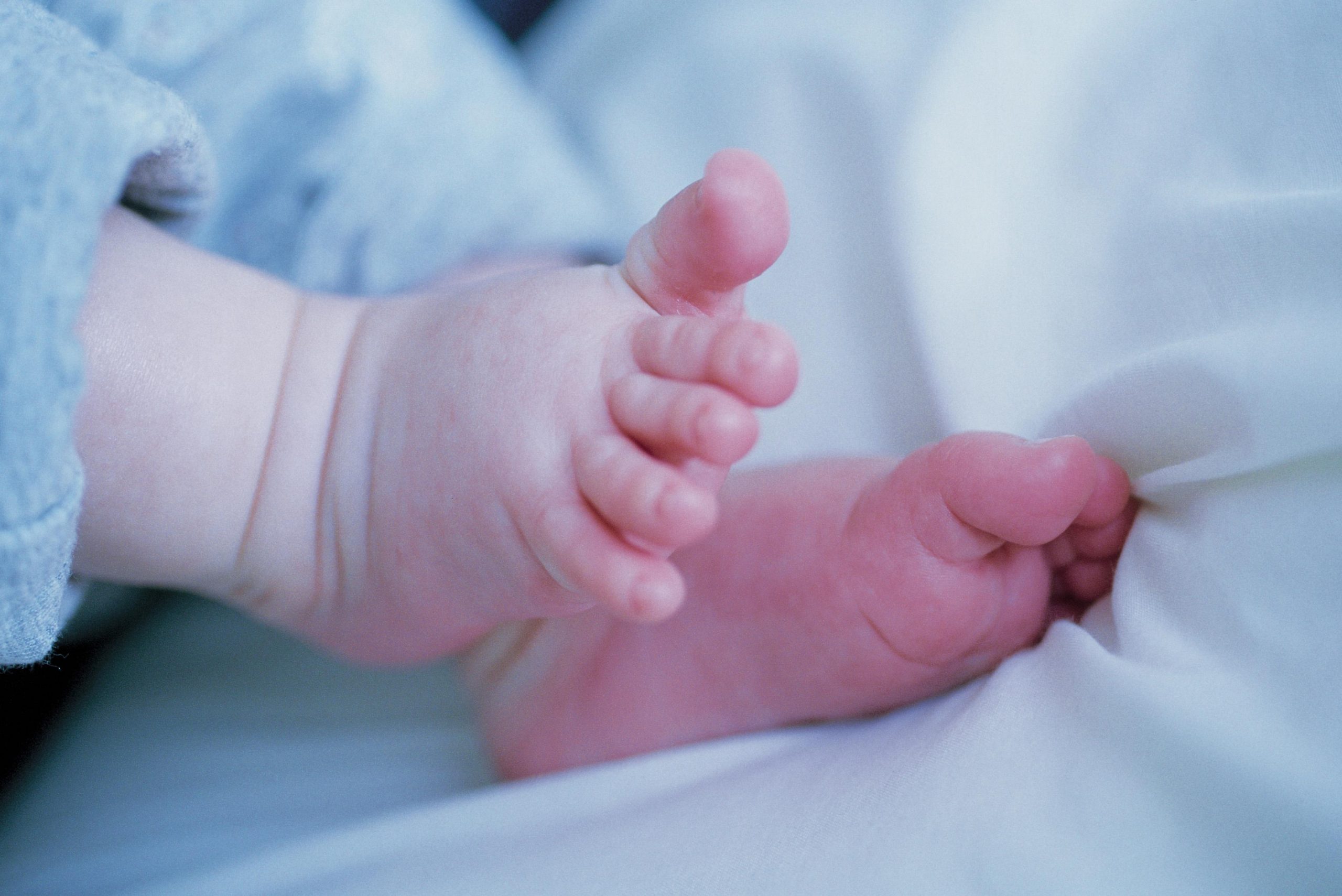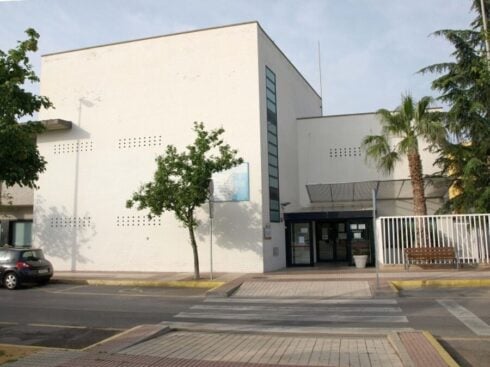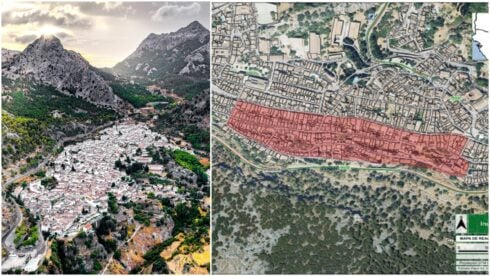SPAIN’S birth rate has fallen by 25% over a decade with 156,202 births in the first half of this year- 52,000 down on the same period in 2014.
The figures from the National Institute of Statistics show that there has been a slight increase compared to the first six months of 2023, with 440 more children more born this year.
The trend though is downward and the number of births has fallen in all age groups, except for women aged over 40- suggesting that motherhood is being delayed.
READ MORE:
- Falling birth rate means Spain’s kindergartens and primary schools have over 300,000 fewer children in them compared to five years ago
- Spain’s declining birth rate hits a new historic low in 2022

The increases over a decade are in ages 40 to 44 (5.4%); 45 to 49 (76.7%); and those over 50 (137%).
The downturn in births is seen to be caused by people having less money and therefore having less of a priority in starting a family..
All of Spain’s 17 regions have also recorded a substantial drop in the number of births over the last decade.
The biggest fall is in Andalucia- down 653 births on 2014, followed by Galicia and Extremadura.
But the birth rate appears to be rising- after the Covid pandemic- in the Madrid and Catalunya regions.
Meanwhile, the death rate has grown in the last decade which is no surprise due to the country’s ageing population.
Between January and June, 22,703 more people died in Spain than in the same period 10 years ago.
Click here to read more Spain News from The Olive Press.








